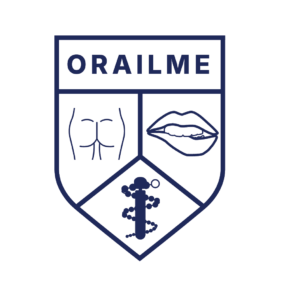UHS can now provide Lyft rides to students seeking off-campus mental health resources thanks to a one-time grant provided by an anonymous donor.
Last year, around 150 students utilized the University’s remote mental health service TELUS, with a small percentage engaging in recurring short-term therapy, UCC Director Bridgid Cahill said.
UCC also provided referrals to almost 300 students last year for off-campus mental health care alone — which doesn’t include the uncountable others who sought help individually.
According to the 2022 National College Health Assessment, 81.2% of university students reported moderate or severe distress levels within the previous 12 months of the study. Programs such as the Mindful University Project, and a variety of health-focused workshops offered by UHS hope to combat the mental health epidemic.
Cahill hopes the anonymous grant will further improve accessibility to mental health services for students.
“In the past, students have given us feedback that their lack of transportation to off-campus therapy appointments was a barrier to accessing care and often resulted in not following through with referrals,” Cahill said.
This grant now provides a bridge for students to better access off-campus in-person mental health services.
“As we get further from the pandemic, we are seeing more and more students whose preference is to be in-person,” Cahill said. “So the donation was perfect timing to develop a program to help students access care that they need in-person.”
The Lyft passes can be used for any mental health-related appointment, which includes counseling sessions as well as mental health assessments and psychiatry visits. The passes come in increments of four (intended for two round trips) per order and are accessible via a form students can request through UHSConnect.
The passes expire 30 days after the application but can be re-ordered. To order, one appointment date is needed — and in order to get passes in time, the form should be submitted at least three days in advance of the appointment.
Cahill is hopeful that the grant will be able to fund the entire academic year, but the program will continue as long as the current funds last unless additional sources of funding are secured.
Editor’s Note (10/3/23): Wording has changed to reflect that UCC and UHS conduct both remote and in-person mental health services.


